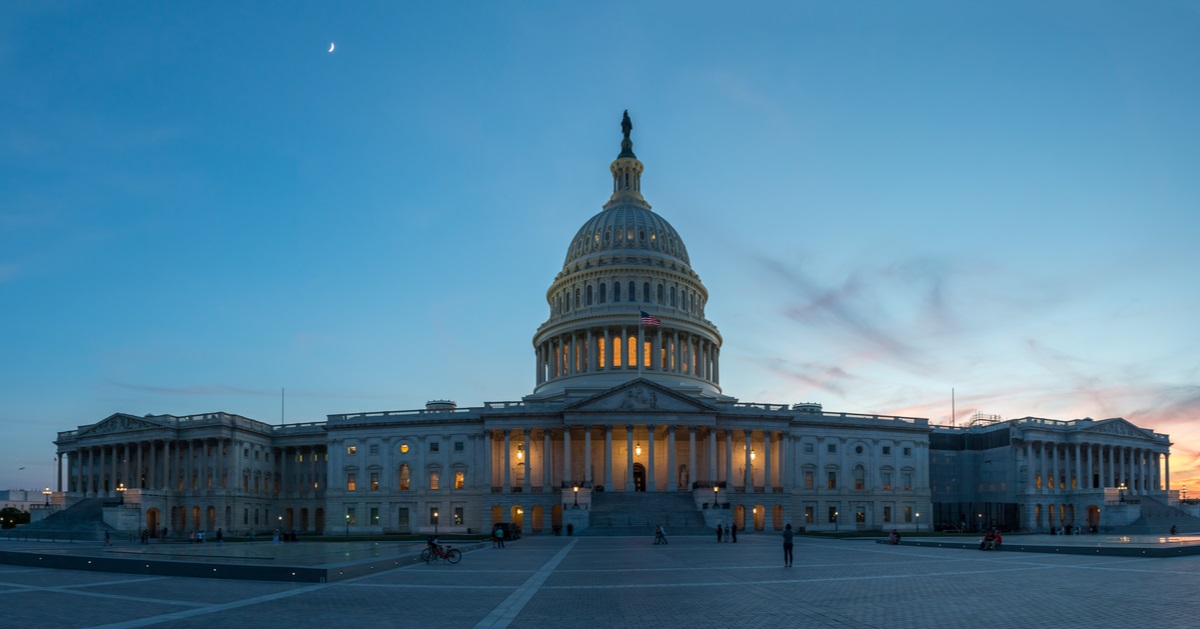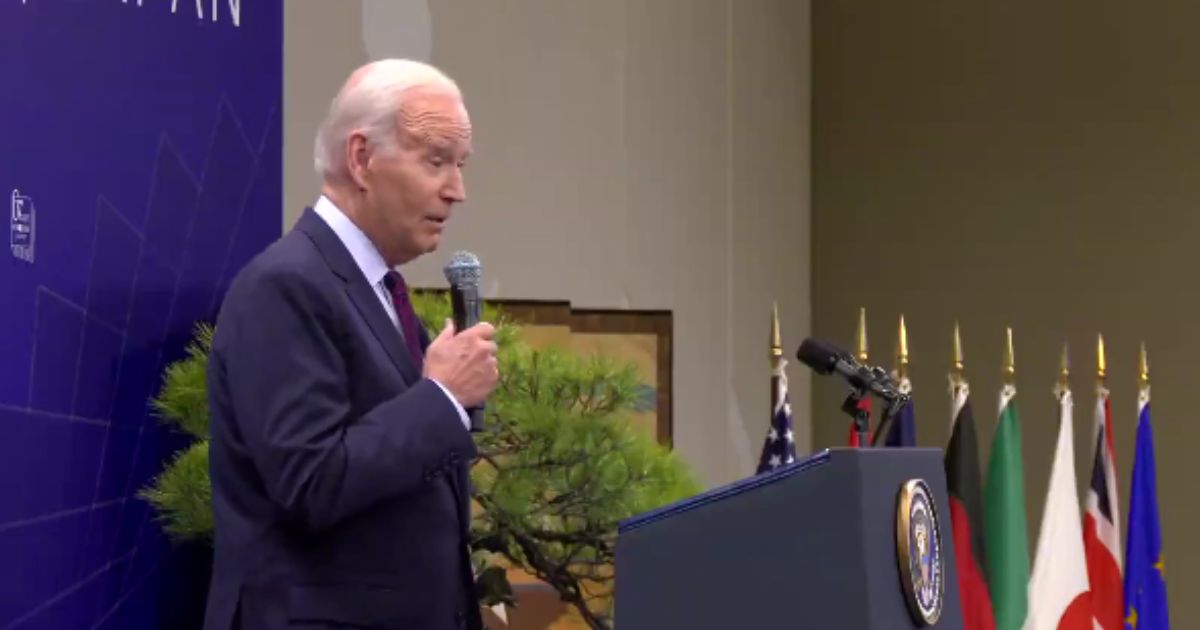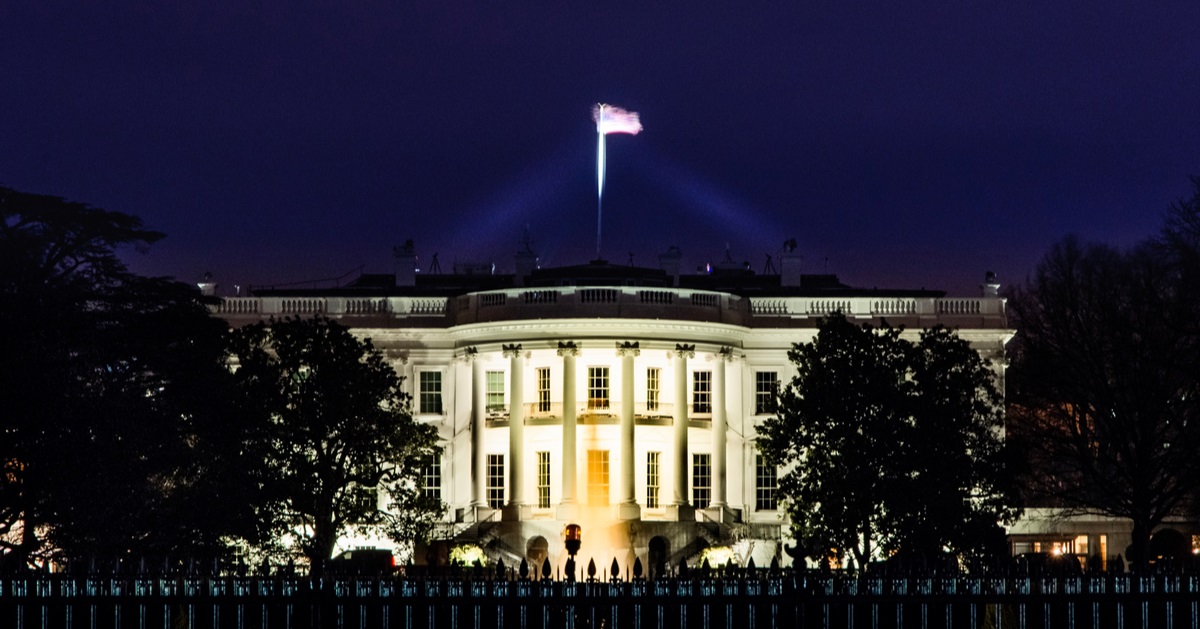Michigan Supreme Court Approves Drone Use In Township Surveillance
The Michigan Supreme Court has delivered a landmark verdict, unanimously supporting Long Lake Township's use of drones for surveillance.
This pivotal case carefully evaluated the utilization of drone-captured evidence in civil litigation, highlighting concerns regarding privacy rights.
AP News reported that the Michigan Supreme Court upheld the township's right to use aerial drones to monitor a local salvage yard without the owner's permission. This decision has considerable implications for privacy and civil law.
The core of the disagreement lay in whether the aerial images captured by the drone constituted an unreasonable intrusion, potentially breaching the fundamental right to privacy of Todd and Heather Maxon, the yard owners.
Initial Complaints and Local Authority's Response
The drone flights conducted over Maxon's property occurred in 2017 and 2018 following neighbor complaints regarding excessive storage of vehicles and other items.
These complaints suggested that the property was being used contrary to local regulations, specifically as a salvage yard, which allegedly violated terms set by a prior lawsuit settlement.
This prompted Long Lake Township to deploy drones to gather photographic evidence necessary to verify these claims and enforce compliance with local zoning and nuisance ordinances.
Without this aerial evidence, the township argued, ensuring the Maxons adhered to local laws would be challenging.
Justice Brian Zahra of the Michigan Supreme Court noted the indispensable nature of the photographic and video evidence, stating, "Without photos and video, the township would have difficulty ensuring that the Maxons bring their property into conformity with its local zoning and nuisance ordinances."
Broad Spectrum of Support and Opposition
The court's decision drew attention from various quarters, with diverse organizations weighing in on the matter. The American Civil Liberties Union of Michigan, the Rutherford Institute, the Mackinac Center for Public Policy, and the Cato Institute supported the Maxons' stance against using drones. These groups highlighted the potential infringement on privacy rights this precedence could entail.
Conversely, the Michigan Townships Association and the Michigan Municipal League supported the township’s actions, aligning with the viewpoint that upholding local law and order necessitated such measures.
The Michigan Supreme Court, however, sidestepped the broader constitutional question, stating, "We decline to address whether the use of an aerial drone under the circumstances presented here is an unreasonable search in violation of the United States or Michigan Constitutions."
Implications and Future Prospects
The ruling has set a significant legal precedent by distinguishing between the applicability of the exclusionary rule in civil as opposed to criminal proceedings.
The court stipulated that in civil cases like this one, where local enforcement of regulations is at stake, the exclusionary rule does not apply, thereby allowing the use of evidence regarded as obtained in potential violation of privacy.
This decision clearly delineates the boundaries of aerial surveillance in civil contexts, suggesting more clarity in future legal scenarios that involve surveillance technologies.
While the ruling directly impacts the involved parties, it also hints at larger ramifications for privacy rights and surveillance in the digital age. Balancing technological advancements with individual rights will continue challenging and shaping legal landscapes.
Concluding Thoughts on Drone Surveillance Case
The Michigan Supreme Court's approval of drone surveillance in Long Lake Township establishes a new precedent in civil law concerning the use of evidence that may infringe on privacy. This case, arising from neighbor complaints about zoning violations, has sparked a significant legal debate that involves major civil liberties organizations.
It delves into the intersections of privacy, technology, and local governance. Following this ruling, aerial surveillance in civil litigation is expected to be guided by new regulations and possibly gain wider acceptance as communities and law enforcement balance rights with technological advancements.





